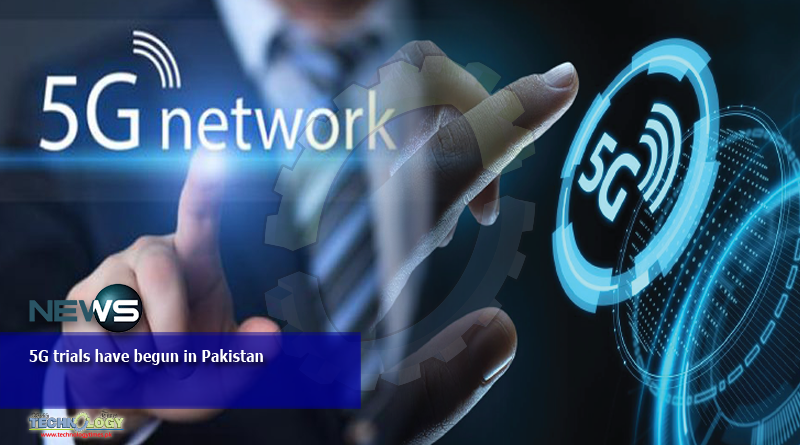5G : Pakistan’s telecom market had long struggled with the transition from a regulated state-owned monopoly to a deregulated competitive structure.

The transition, and the development of the telecom sector generally, has been greatly aided by foreign investment.
Despite the government’s promotion of internet services and the expansion of access nationally over the past decade, fixed broadband penetration remains low at barely 1%. The fixed-line telephony market, dominated by Pakistan Telecommunications, is similarly underdeveloped, and the number of fixed lines is slowly declining as the mobile segment continues to expand.
As in many countries in Asia, both businesses and government agencies in Pakistan are opening up to the benefits of third-party data centres for public, private and hybrid cloud deployments. Data centres have been established in Karachi, Lahore, and Islamabad, while telcos managing data centres include Telenor, Zong, and Ufone.
The mobile market has experienced moderate growth over the last six years, supported by a young population and a rising popularity of mobile services. Slow to moderate growth is predicted over the next five years, though stronger growth will be constrained by local competition which has kept prices down and ARPU low.
Mobilink and Warid merged their operations into a single brand, Jazz, which reduced the number of mobile operators reduced from six to five. Further market consolidation is anticipated over the next few years as the operating margins of the major operators come under further pressure.
In January 2020 the telecom regulator issued trial 5G licenses to Zong and Jazz. Despite this, the capacity of LTE infrastructure and the lack of compelling user cases for 5G suggests that network operators are not yet pressed to launch commercial services.
BuddeComm notes that the outbreak of the Coronavirus in 2020 is having a significant impact on production and supply chains globally. During the coming year the telecoms sector to various degrees is likely to experience a downturn in mobile device production, while it may also be difficult for network operators to manage workflows when maintaining and upgrading existing infrastructure. Overall progress towards 5G may be postponed or slowed down in some countries.
On the consumer side, spending on telecoms services and devices is under pressure from the financial effect of large-scale job losses and the consequent restriction on disposable incomes. However, the crucial nature of telecom services, both for general communication as well as a tool for home-working, will offset such pressures. In many markets the net effect should be a steady though reduced increased in subscriber growth.
Although it is challenging to predict and interpret the long-term impacts of the crisis as it develops, these have been acknowledged in the industry forecasts contained in this report.
The report also covers the responses of the telecom operators as well as government agencies and regulators as they react to the crisis to ensure that citizens can continue to make optimum use of telecom services. This can be reflected in subsidy schemes and the promotion of tele-health and tele-education, among other solutions.
